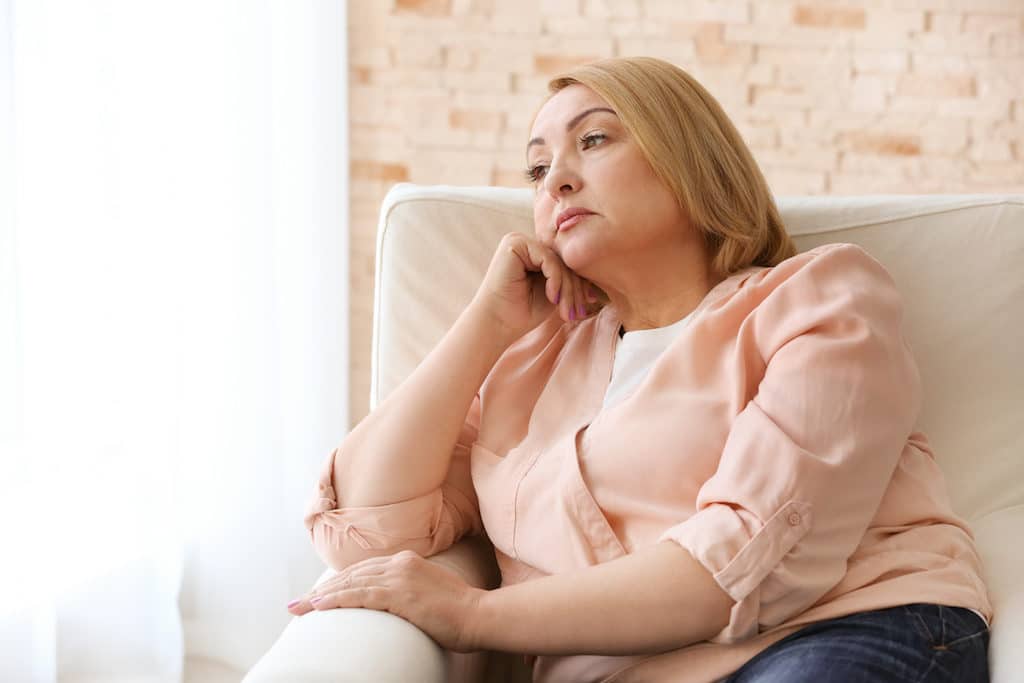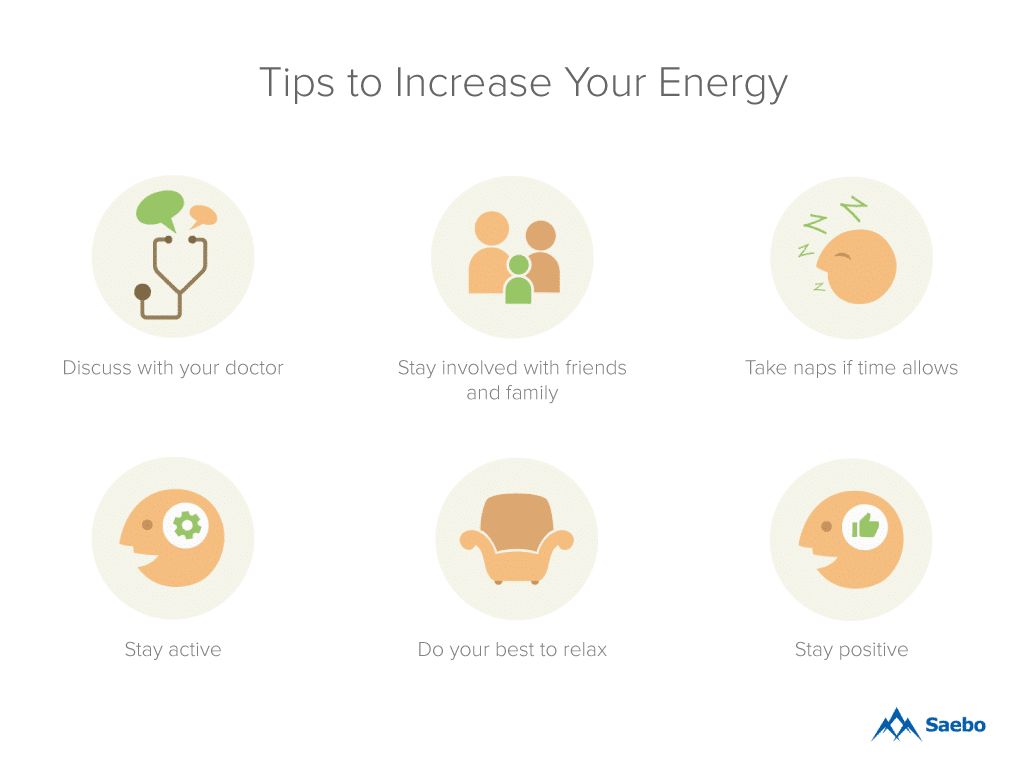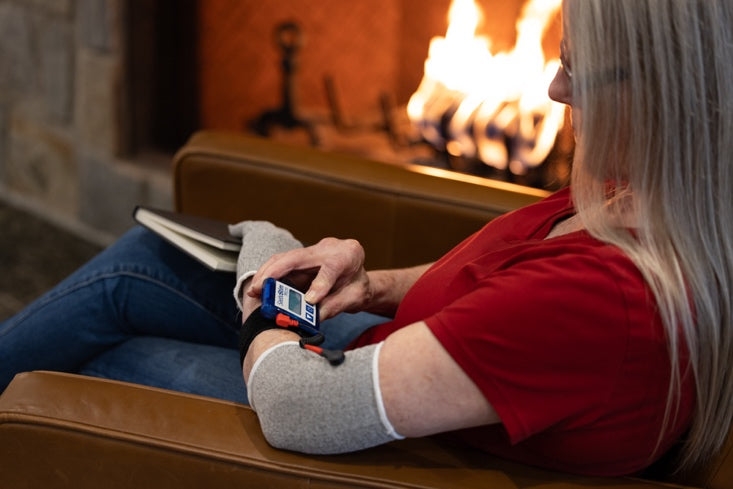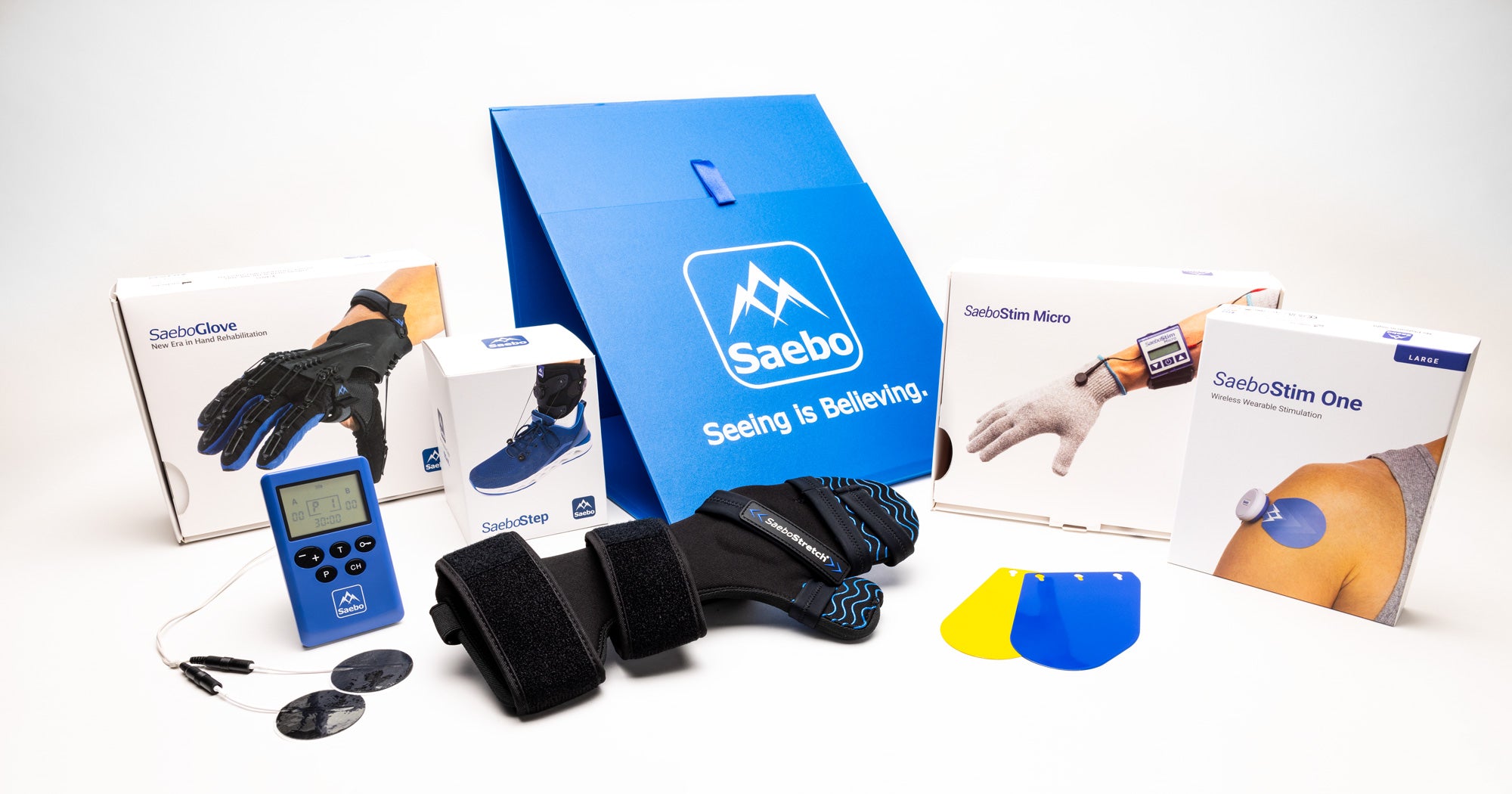Tired After a Stroke? Understanding Post-Stroke Fatigue


Feeling tired is a normal part of life. Whether you didn't get a good night of sleep or wore yourself out with a busy day or an exerting activity, your body can only handle so much before you start to feel the physical effects of being tired. In cases like these, all you need to do is rest in order to feel re-charged and rejuvenated. But for individuals who have suffered from a stroke, it's not that easy.
Fatigue after a stroke is common, and it's different from simply feeling tired. Post-stroke fatigue can make somebody feel like they completely lack energy or strength, with a persistent feeling of being tired or weary. Unlike typical tiredness, a nap or sleeping longer at night won't solve things. If you are experiencing post-stroke fatigue, it is important to consult with your doctor so you can take the proper steps to start feeling better and more energized.
What is Post-Stroke Fatigue?
Post-stroke fatigue can occur after a mild or severe stroke, and roughly 40 to 70 percent of stroke patients experience this "invisible symptom." It's a particularly frustrating side effect of a stroke because it can make you feel completely exhausted and off your game, which in turn makes recovering from the stroke seem even more difficult.
Those who experience post-stroke fatigue can feel like they are not in control of their recovery, as it's hard for them to muster the energy to participate in their rehab activities or normal day-to-day functions. Many individuals with post-stroke fatigue initially confuse it with "being tired," but post-stroke fatigue is not the same thing as just being tired. It can come out of nowhere, without warning, and rest isn't always the solution.
Post-stroke fatigue is draining both physically and emotionally/mentally, and the severity of the stroke does not seem to correlate to the severity of the fatigue. Even a mild stroke can result in extreme post-stroke fatigue, and even if you suffered a stroke some time ago and feel as if you've made a full recovery, post-stroke fatigue can still impact you.
What Causes Post-Stroke Fatigue?

Experts aren't entirely sure what causes post-stroke fatigue because there has been limited research on the subject. Medical conditions like diabetes and heart disease can play a role, as can any pre-existing fatigue issues an individual had before suffering from a stroke. In addition to fatigue, sleep apnea is another issue reported by stroke survivors, so it's possible there is some sort of link between the two, though nothing has been proven.
Survivors often feel stressed or depressed about the stroke afterwards, from worrying about the recovery process to being concerned with their symptoms. Stress and the mental demands that come with it can lead to fatigue. There are a lot of unknowns about the cause of post-stress fatigue, but one thing is certain: a stroke takes a big toll on a person's body, and many stroke survivors feel severe fatigue as a result.
How Do You Tell if You Have Post-Stroke Fatigue?
Remember that there's a difference between feeling tired and having post-stroke fatigue. The latter will give you a feeling of complete exhaustion; you will lack all energy and feel extremely weary. You will probably feel like you have to rest every day, or even multiple times a day. This can make it difficult to accomplish things, whether it's something as simple as spending time with family, running errands, or even attending your post-stroke therapy sessions.
Until you feel the type of exhaustion that comes with post-stroke fatigue it's difficult to explain, so don't feel frustrated if your friends and family don't understand why you're struggling. If you think you have post-stroke fatigue, don't hesitate to consult with your doctor.
Tips to Increase Your Energy
The first step in combating post-stroke fatigue is to discuss it with your doctor. Let them know what you've been feeling. Your doctor will probably start the process by making sure you've had an up-to-date physical. With that information, your doctor can rule out other potential causes for your fatigue or determine if your fatigue might stem from your medication.
It goes without saying, but try to take naps if time allows. Naps won't cure you of your fatigue long term, but resting when you feel run down can help you feel more refreshed, even if only for a short while.
Do your best to relax. Don't let your post-stroke fatigue, or any other side effects of your stroke, get you down. Stay positive! Being stressed or tense will only sap you of more energy. A positive attitude goes a long way in feeling upbeat and energetic. Try to get back into the swing of things by returning to your pre-stroke routines. Simple things like staying active and involved with friends and family can yield big benefits.
Yes, it will seem overwhelming at times. Suffering from a stroke, dealing with the aftermath, and having no energy on top of it can be tough, but celebrate your successes. Take baby steps, and be proud of the progress you've made. Focus on what you've accomplished during your recovery so far, rather than dread what's left to be done.

Tired of Being Tired
Post-stroke fatigue is a daunting condition, and many people who are recovering from a stroke might not even realize they have it, instead thinking they are simply tired. If you've had a stroke and find yourself feeling sapped of your energy on a consistent basis, talk to your doctor. There's a chance you have post-stroke fatigue. You're not alone; 40 to 70 percent of stroke survivors experience this kind of exhaustion.
By speaking with the proper medical professionals, making it a point to rest as often as possible, and having a positive mindset, you can combat the constant drowsiness and work on returning to your pre-stroke energy levels.
All content provided on this blog is for informational purposes only and is not intended to be a substitute for professional medical advice, diagnosis, or treatment. Always seek the advice of your physician or other qualified health provider with any questions you may have regarding a medical condition. If you think you may have a medical emergency, call your doctor or 911 immediately. Reliance on any information provided by the Saebo website is solely at your own risk.
All content provided on this blog is for informational purposes only and is not intended to be a substitute for professional medical advice, diagnosis, or treatment. Always seek the advice of your physician or other qualified health providers with any questions you may have regarding a medical condition. If you think you may have a medical emergency, call your doctor or 911 immediately. Reliance on any information provided by the Saebo website is solely at your own risk.



